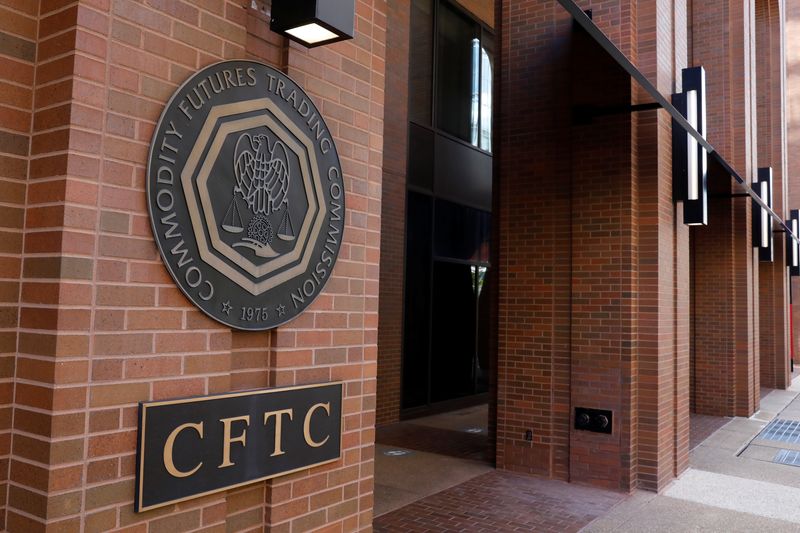
CFTC’s 2025 crypto capital requirements mark a pivotal regulatory shift. Michael Selig’s leadership at the CFTC signals a strong focus on enhancing market stability and investor protection within the digital asset space.
This development is critical for integrating cryptocurrencies into traditional finance, potentially attracting substantial institutional capital by reducing regulatory ambiguity and associated risks.
As of Oct 25, 2025, Selig’s directives are poised to influence market volatility and global adoption. Clear capital goals are now essential for industry maturation.
This analysis explores potential market impacts and investor implications.
Expert Market Analysis
The U.S. financial regulatory landscape is undergoing a significant transformation with Michael Selig’s appointment as Chair of the Commodity Futures Trading Commission (CFTC). Historically concentrated on traditional markets, the CFTC is now demonstrably expanding its purview into the dynamic cryptocurrency sector. Selig’s commitment to establishing clear capital requirements for crypto entities signifies a proactive regulatory approach aimed at bolstering market integrity and investor confidence, aligning with a growing global consensus favouring stronger oversight of decentralized finance (DeFi) and digital assets. The long-standing absence of a unified federal framework has historically created regulatory fragmentation; Selig’s leadership is anticipated to introduce much-needed clarity and consistency, fostering more predictable market conditions and mitigating systemic risks. This strategic shift is a crucial step towards the maturation of the digital asset ecosystem, mirroring trends seen in traditional financial markets and aiming to attract substantial institutional investment through enhanced predictability and reduced perceived risk.
From a fundamental analysis standpoint, the CFTC’s strategic emphasis on capital goals under Selig suggests a move towards a more robust and mature regulatory ecosystem. While this might lead to increased operational costs and potential short-term margin pressures for some crypto firms, the long-term benefits of regulatory certainty are expected to be a significant catalyst for institutional adoption, driving sustained growth and market stability. Analysts will be scrutinizing proposed capital ratios, liquidity mandates, and reporting standards, with their effectiveness contingent on practical enforceability and adaptability to the fast-evolving digital asset landscape. Current market sentiment reflects cautious optimism for a more regulated, transparent ecosystem capable of attracting substantial traditional capital, underscoring the importance of prudential measures in this evolving market.
Comparing the CFTC’s evolving stance under Selig with international peers reveals a converging trend towards comprehensive oversight. Jurisdictions like the European Union, with its Markets in Crypto-Assets (MiCA) regulation, are setting precedents. While the U.S. has historically adopted a more gradual approach, Selig’s focus on capital requirements places the CFTC squarely within global standardization efforts. Competitors with established digital asset regulations might gain an edge if U.S. implementation is perceived as overly burdensome. Conversely, a well-executed U.S. framework could position the nation as a leader in responsible digital asset innovation, attracting businesses prioritizing regulatory predictability and setting new benchmarks for global compliance standards across the industry.
The expert takeaway from this significant regulatory shift is clear: the cryptocurrency industry is entering a new era of intensified scrutiny and compliance expectations. While some may view stricter capital requirements as a barrier to rapid innovation, many seasoned investors and institutional players see it as an essential step towards market maturity and mainstream acceptance. The risks of continued regulatory uncertainty persist, but opportunities for compliant, well-capitalized firms are substantial. Investors are advised to monitor proposed regulations closely for their impact on business models, and strategic decisions should consider companies’ adaptability to new capital mandates and the broader market’s response to enhanced regulatory clarity.
Related Topics:
CFTC, Michael Selig, Cryptocurrency Regulation, Digital Assets, Crypto Capital Requirements, US Crypto Policy, DeFi Regulation, Blockchain Policy, CFTC 2025 Outlook, Crypto Market Stability


